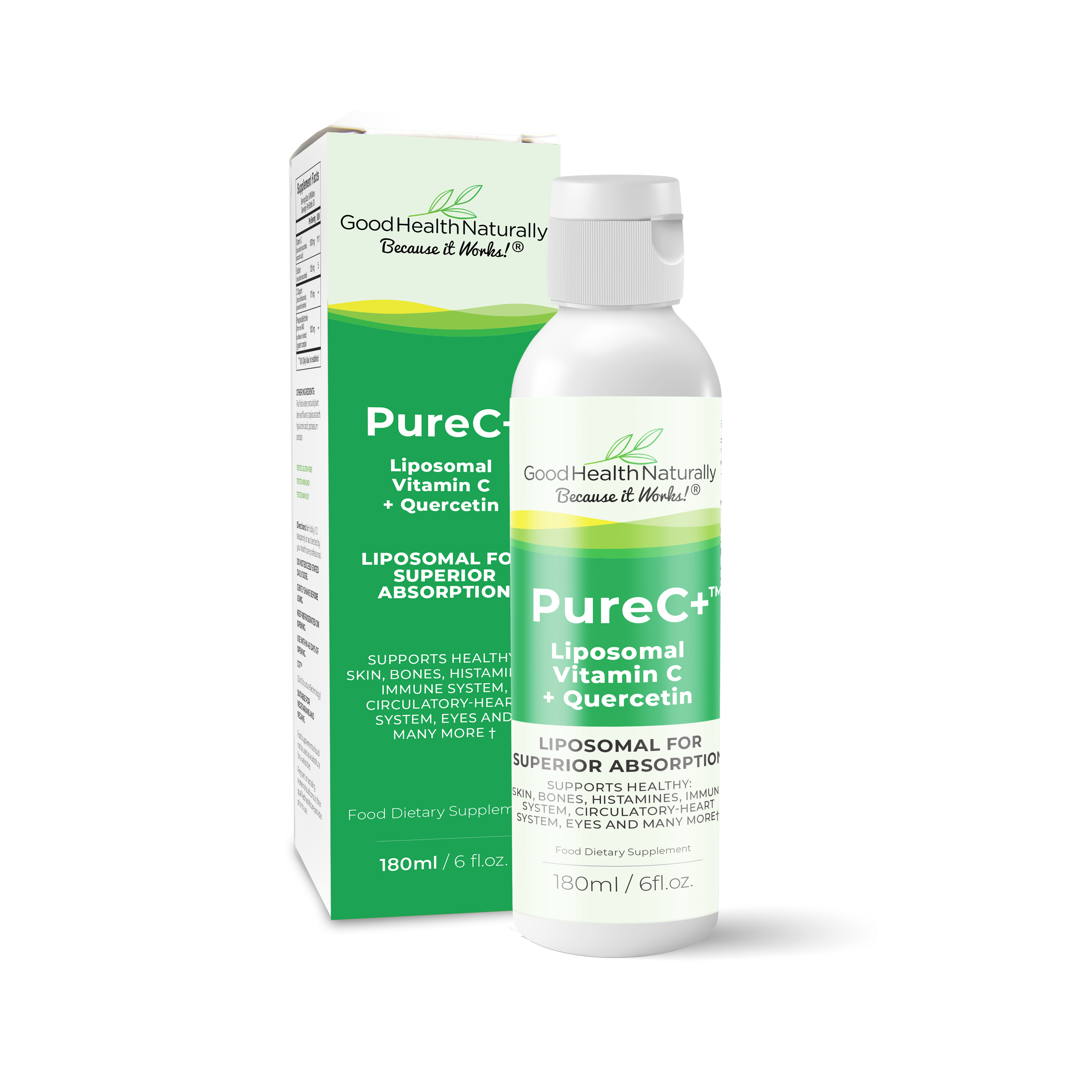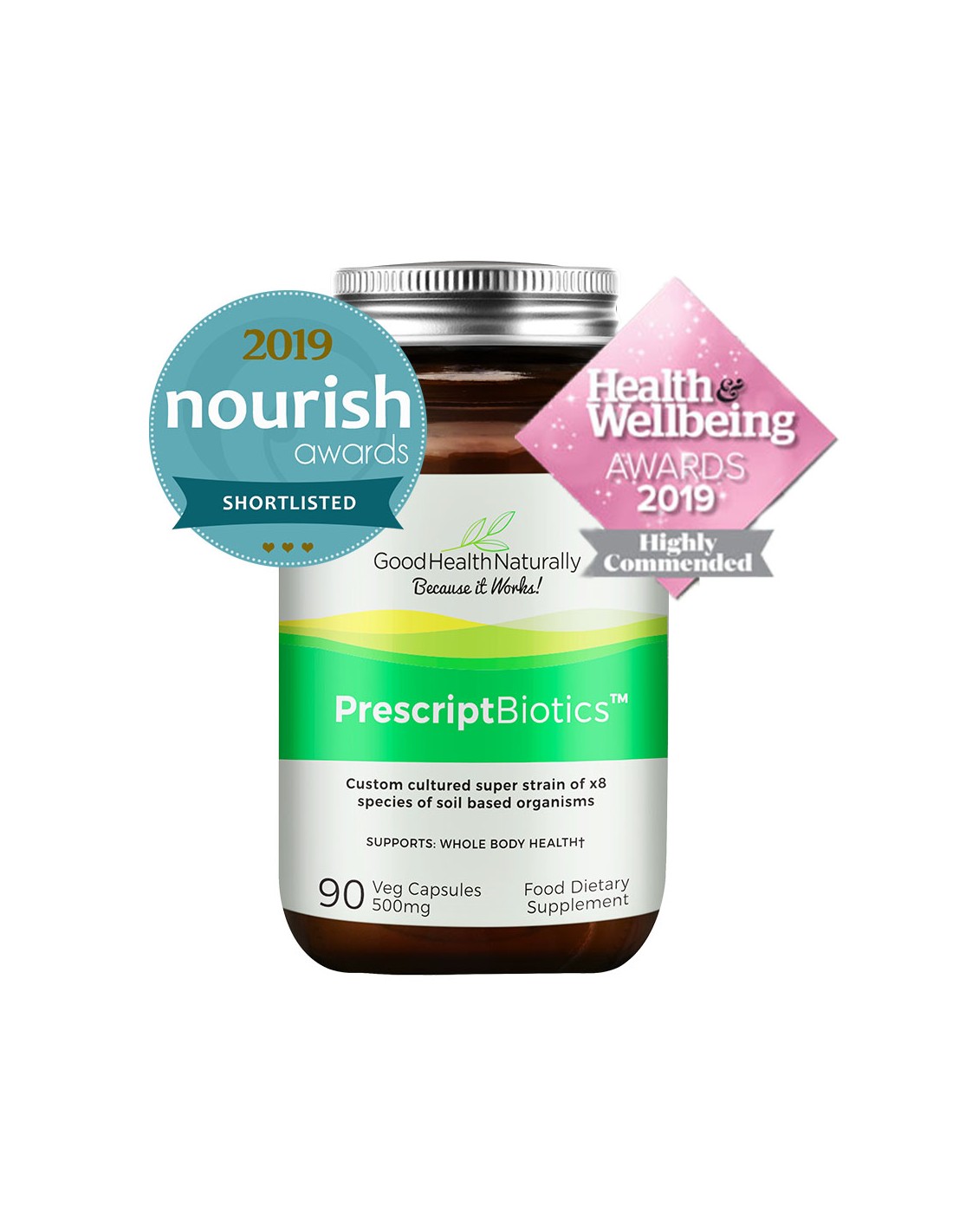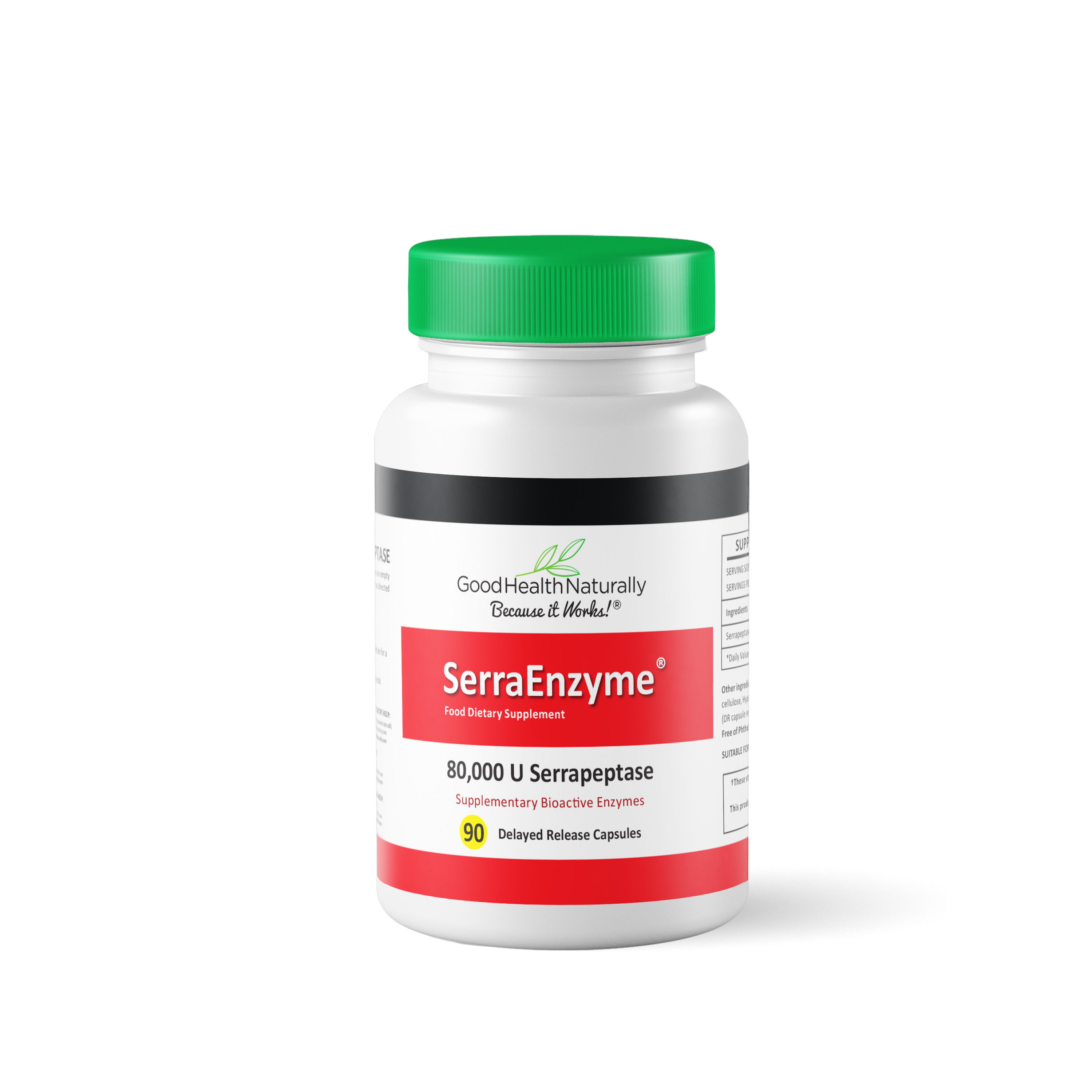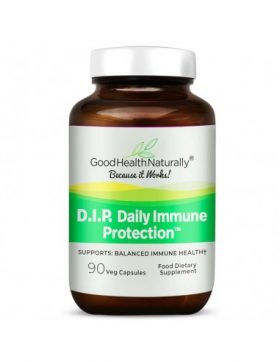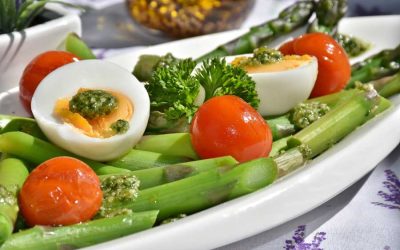Hayfever season is upon us with allergy symptoms affecting millions of adults, usually between late March and September, when the months are warmer in the northern hemisphere.
Typical hayfever symptoms include sneezing, coughing, runny or a blocked nose, along with itchy, red or watery eyes. You may even experience other symptoms such as loss of smell, pain around the forehead or temples, along with headaches or earaches.
What Causes Hayfever?
Increased levels of pollen in the atmosphere are the main reason behind the rise in summer allergies such as hayfever. Grass pollen in particular is one of the most common hay fever triggers, with 95 per cent of hayfever sufferers being allergic to it.
In the UK this year, “super pollen” as it has been termed, has caused very high pollen count warnings that the Met Office has even warned people in advance so that hayfever sufferers can make preparations in case of a flare-up.
Anti-histamines are considered the go-to solution for anyone with hayfever symptoms. Histamine is normally released when the body detects something harmful, such as infection.
Histamine is made and released by your immune system to help protect you from infections. Anti-histamines work by blocking the effects of a chemical called histamine.
If you have an allergy, your immune system reacts to something that isn’t harmful like pollen, so may then release too much histamine. This can result in inflammation in your lungs, nose, throat, sinuses, along with your digestive system and skin.
For anyone with mild-moderate allergies such as hayfever, antihistamines may help. You may also want to consider these natural solutions for relief too…
1. Vitamin C
As a natural antihistamine, Vitamin C can reduce the amount of histamine that your body produces in response to an allergen. Studies show that Vitamin C is helpful for allergies, which are immune reactions to substances in your environment. [1] It may also decrease inflammation, swelling and related symptoms that are triggered at the site of an allergic reaction. [2]
2. Quercetin
Research shows that as a potent flavonoid, Quercetin has numerous benefits for the immune system. In particular, Quercetin can help to relieve allergy symptoms such as runny nose, watery eyes, hives, or swelling of the face and lips. Quercetin can therefore help hayfever due to its anti-allergic and antihistamine properties. [3]
3. Probiotics
A review of 23 studies have found that probiotics can decrease the severity of hayfever symptoms. [4] Research has also found that children allergic to mould and fust can benefit from a probiotic. This connection between beneficial gut bacteria and eye and nose irritation, suggests that healthy gut bacteria can improve immune regulation, preventing immune cells from overreacting to allergens.
4. Serrapeptase
Anyone with hayfever may want to consider taking a naturally occurring enzyme such as Serrapeptase to safely dissolve inflammation and dead scar tissue anywhere in the body. By reducing inflammation in the sinus area, Serrapeptase may therefore help to improve hayfever symptoms.
5. Zinc
As a mineral that supports the immune system, taking Zinc could potentially help to relieve respiratory allergies and symptoms of hayfever. According to different studies, Zinc is an essential mineral and nutrient that can promote a healthy immune system and may help asthma and allergic rhinitis, along with symptoms of the common cold. [5, 6]
Lifestyle Factors To Consider
Anyone who suffers from hayfever symptoms may also want to consider the following lifestyle considerations…
- Eat a healthy diet with plenty of fresh fruits and vegetables
- Cut out whole grains, starchy carbohydrates and all sugars
- Reduce or cutting out dairy foods
- Minimising your exposure to pollens and moulds where possible
- Avoid going outside when the pollen count is high, especially during spring months and on windy days
It’s worth considering taking all of these nutrient recommendations and lifestyle factors into account when trying to find natural relief for hayfever symptoms.
References:
[1] https://www.ncbi.nlm.nih.gov/pmc/articles/PMC5707683/
[2] https://www.ncbi.nlm.nih.gov/pmc/articles/PMC5707683/
[3] https://www.ncbi.nlm.nih.gov/pmc/articles/PMC6273625/
[4] https://pubmed.ncbi.nlm.nih.gov/25899251/
[5] https://www.ncbi.nlm.nih.gov/pmc/articles/PMC8759868/
[6] https://www.ncbi.nlm.nih.gov/pmc/articles/PMC3273967/
Recommended Examples
PureC™ Liposomal Vitamin C + Quercetin
PureC™ Liposomal Vitamin C + Quercetin – High-quality Liposomal Vitamin C provides 1000mg Liposomal Vitamin C plus 175mg Quercetin, plus 1000mg PC per serving. Supports the immune system and acts as a natural anti-histamine. Suitable for vegetarians and vegans. 180ml/6 fl.oz. Available from Good Health Naturally.
PrescriptBiotics™
PrescriptBiotics™ – Custom cultured to rebalance good gut flora, PrescriptBiotics contains SBO Probiotics Consortia™ missing from the modern diet, that may support the digestive process, immunity and overall health. Available from Good Health Naturally.
SerraEnzyme® 80,000IU
SerraEnzyme® 80,000IU – Provides 80,000IU Serrapeptase per serving, in a delayed release capsule. Serrapeptase may help reduce inflammation in the sinus area and this may help to improve hayfever symptoms. Suitable for vegetarians and vegans. 90 capsules. Available from Good Health Naturally.
D.I.P. Daily Immune Protection™
D.I.P. Daily Immune Protection™ – A unique formulation of proven ingredients for supporting immune health. DIP contains a blend of proven immune-supporting ingredients including beta-glucans, EpiCor®, eXselen™ Selenium, Vitamin D3, OptiZinc and much more. Helps support a healthy immune response against allergens. Suitable for vegetarians. 90 capsules. Available from Good Health Naturally.


